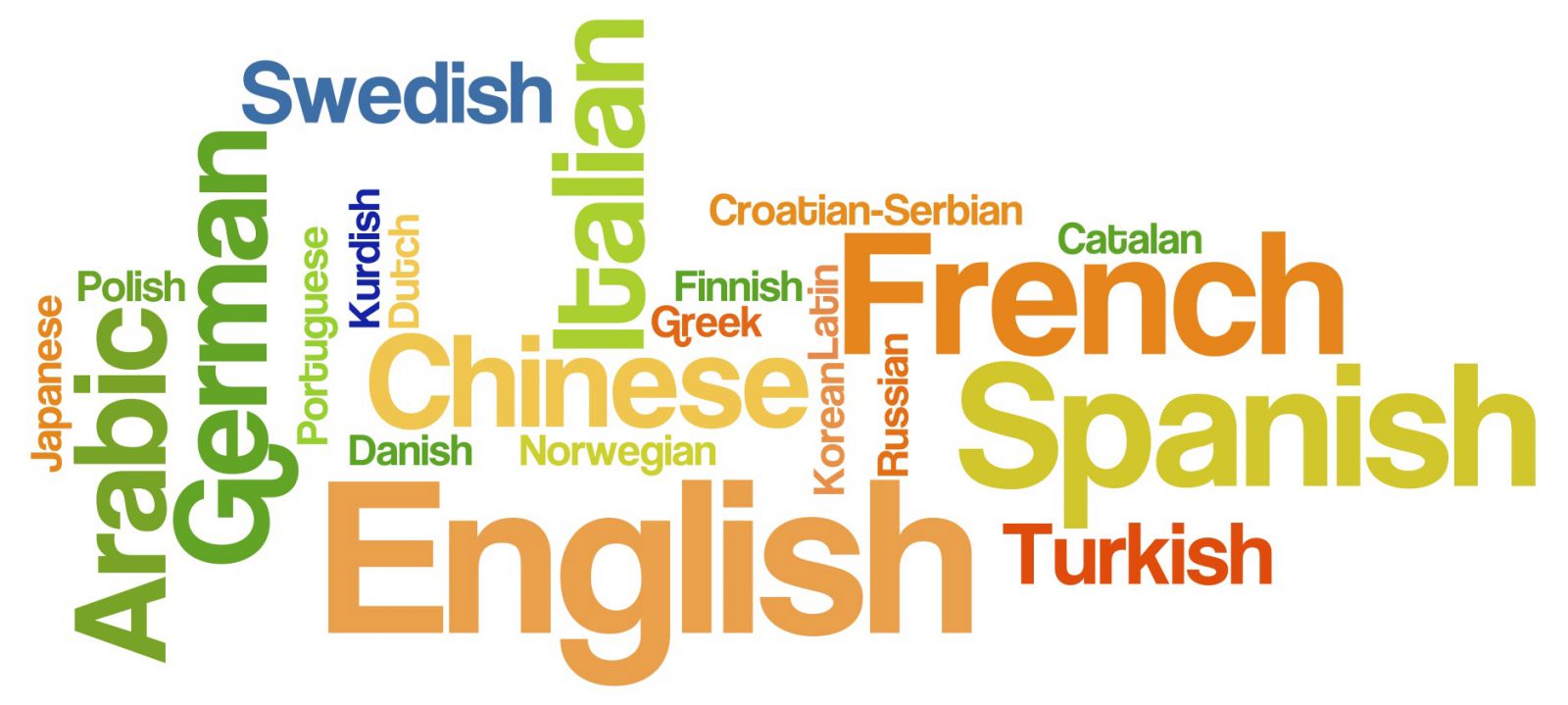Many of us who have studied languages, be it at school, work, going to an academy or even after travelling abroad, have realised that there are people who acquire languages at the speed of light. “How is this possible?”. More often than not, this has crossed our minds. There are several reasons which can explain this phenomenon, including the following:
Intellectual capacity
- The amount of information that we can grasp
- If we are used to studying
- How old were you when you studied your first language. This is vital because it contributes a great deal to increasing the brain plasticity, which has been proved to help acquire more languages in the future
Social environment
- The more we surround us of polyglot people the better because it will be far easier to catch something from their speech
- Woking with foreign colleagues who force us to speak other languages
- Do I have bilingual, trilingual or plurilingual parents or siblings? Surely, this helps heaps!
- Having friends from other countries contributes as well to learning and/or polish a different language
Linguistic environment
- Our native language plays a crucial role when acquiring a new language, as the more sounds a language has, the easier will be to reproduce new ones
- Creating the habit of reading product packaging labels is always a win-win because they are usually written in several languages
- Do you watch movies in their original version? This is another great way to make our brains to work harder and improve our already existing linguistic skills! So, start challenging yourself, and make sure to make a habit of it! As a plus, you turn off the subtitles. You will develop your listening skills to gain fluency in no time!
- The number of languages that we already speak: in certain locations, there is more than one official language, like it occurs in Switzerland. This is another advantage of living in a rich linguistic environment!
My personal experience
- Discipline: Yes! There is no room for procrastinating. Unlike many people think, studying and practising a new language for half an hour to one hour daily can be way more effective than studying for long hours, trying to learn too much at once. Certainly, we can always make a little time to practise our language skills. Sometimes, it is useful to separate the different linguistic modules and tackle only one per day. This way, the study is more organised and you can ensure that no area is left behind while progressing in all
- Getting to know when and how you are more likely to best learn: analyse your studying habits, your past results and overall, every little thing which you intuit that it may help you acquire the content faster and/or in a better way. Look at how you respond on different timings, what methodology seems to be more suitable for you, which resources you have in hand to complete your different language modules and, lastly, do not forget to use your creativity to fully enjoy your learning time. All in all will make the difference!
- Attitude: check if you feel forced to study or you are doing it with pleasure. There is a big difference in learning when it comes to attitude, as your motivation can increase significantly your chances to succeed. Shift to a positive one and see the magic happening!
- Are my goals defined and reachable? In here, you need to be honest to yourself. Check out your aims one by one and set them up clearly and realistically. Often, it is further better to begin with baby steps and gain knowledge little by little rather than thinking too big, as this usually leads to a dead-end road. Starting with less ambitious objectives, and expanding them later is a much better deal which you can comply with!
Surely, now you will be more capable of planning your next foreign language study to achieve the outcomes you are looking for!


